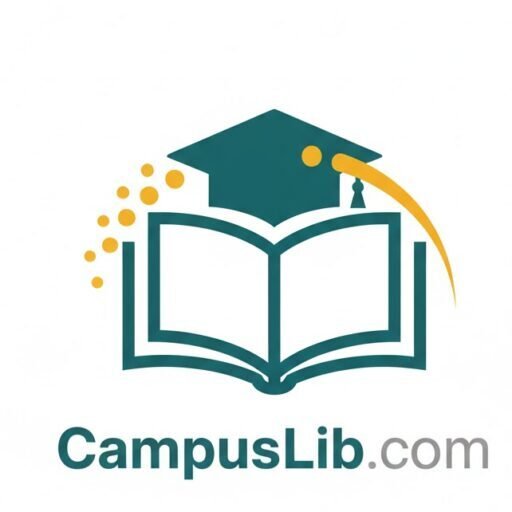Download Educational Communication And Technology Exam Past Paper
What topics are covered in the Educational Communication and Technology exam?
The exam typically addresses a variety of topics related to the integration of communication and technology in education. Key areas include:
D0wnload Link
Educational-Communication-And-Technology-Exam-Past-Paper-Mpya-News
- Theoretical Foundations: Examination of the theories underlying educational communication and technology, including constructivism, behaviorism, and connectivism.
- Technology in Education: Analysis of various technologies used in educational settings, such as Learning Management Systems (LMS), multimedia tools, and mobile applications.
- Instructional Design: Exploration of principles and models for designing effective educational materials and experiences, including ADDIE and SAM models.
- Digital Literacy: Discussion of the importance of digital literacy for both educators and learners in a technology-driven environment.
- E-Learning and Online Education: Study of e-learning methodologies, best practices, and challenges associated with online education.
- Assessment and Evaluation: Overview of tools and techniques for assessing learning outcomes in technology-enhanced environments.
Why are past exam papers important for studying this subject?
Past exam papers are essential for several reasons:
- Familiarization with Exam Format: They help you understand the structure of the exam, including question types and expectations.
- Identifying Key Themes: Analyzing past papers can reveal frequently addressed topics and trends in educational technology, guiding your study priorities.
- Practice Application: They provide opportunities to apply theoretical knowledge to practical scenarios, enhancing your critical thinking skills.
- Confidence Building: Working through past questions can boost your confidence and reduce anxiety as you prepare for the exam.
Where can I find past exam papers for this subject?
You can access past exam papers through various resources:
- Educational Institution Websites: Many universities provide collections of past papers available for student access.
- Academic Libraries: These often house archives of previous exams and related study materials.
- Online Educational Platforms: Websites specializing in educational resources may also provide access to past exam papers.
- Study Groups: Collaborating with peers can provide access to shared resources, including past papers.
What key topics should I focus on when studying?
When preparing for the exam, concentrate on the following key areas:
- Theoretical Foundations: Familiarize yourself with key educational theories that inform the use of technology in teaching.
- Instructional Design Principles: Understand the models and principles of instructional design and how they apply to technology-enhanced learning.
- Digital Literacy: Study the importance of digital literacy and its impact on teaching and learning.
- E-Learning Practices: Explore best practices and challenges in e-learning and online education.
How can I effectively use past exam papers in my studies?
To maximize the benefits of past exam papers, consider these strategies:
- Timed Practice: Simulate exam conditions by timing yourself while answering past questions to improve time management.
- Review and Reflection: After completing a past paper, critically review your answers to identify areas for improvement.
- Discussion with Peers: Engage in discussions with classmates or instructors to gain different perspectives on educational technology issues.
- Create Study Guides: Compile common questions from past papers into study guides for quick reference and revision.
Is understanding educational communication and technology important for students?
Yes, understanding this field is crucial for several reasons:
- Enhanced Learning: It equips students with the skills to effectively integrate technology into their learning processes.
- Adaptability: Knowledge of educational technology prepares students for a rapidly changing educational landscape.
- Critical Skills Development: Engaging with these topics fosters critical thinking, creativity, and problem-solving skills.
Should I prioritize studying theory or practical applications?
Both theoretical understanding and practical applications are essential:
- Theoretical Foundations: A solid grasp of theories provides the foundation for understanding the rationale behind technology use in education.
- Practical Applications: Understanding how to apply these theories in real-world scenarios is crucial for effective teaching. Aim for a balanced approach in your studies.
Can studying past papers alone prepare me for the exam?
While past papers are a valuable resource, they should be complemented with broader reading and engagement with course materials. Explore textbooks, academic journals, and other educational resources for a well-rounded understanding of the subject. This comprehensive approach will optimize your exam preparation.
